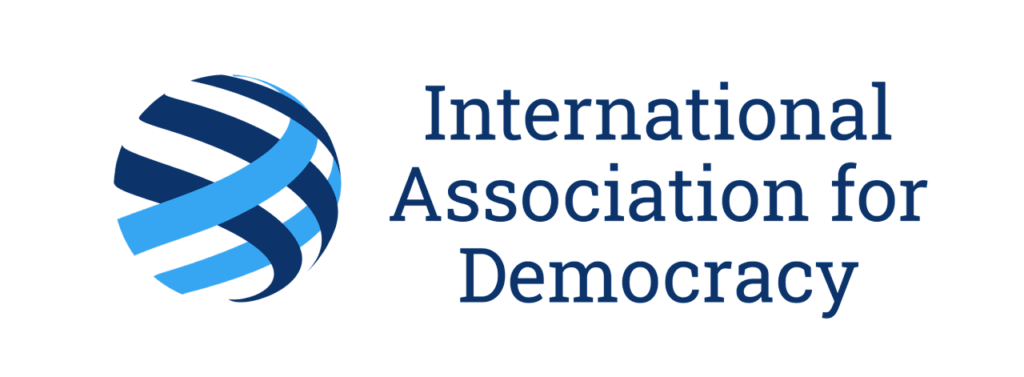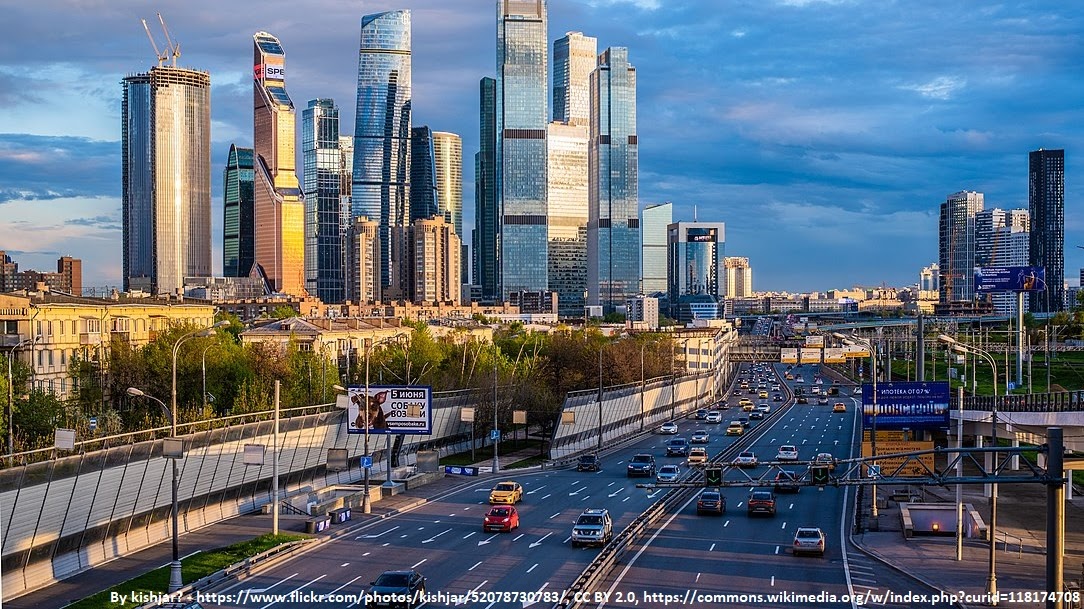Eight months after Russia’s illegal invasion of Ukraine began, 236 global companies still conduct business-as-usual in Russia.
Shortly after Russia began its illegal invasion of Ukraine, on 28 February 2022, the Chief Executive Leadership Institute at Yale University published a list monitoring well over 1,200 global companies and their presence in Russia. Initially a simple list of “withdrawn” and “remain”, each company is now given a letter grade that shows their level of completeness of withdrawal. Companies completely withdrawn from Russia have been awarded an A, while a complete lack of action results in a failing grade.
International sanctions against a country can be an efficient method to protest and punish illegal actions conducted by the country’s authorities. International communities have chosen to implement sanctions against Russia to show that there are consequences to invading another country. As the list shows, several companies have chosen to implement much stricter sanctions than the international bare minimum. 320 companies have completely terminated their business in Russia. Among the list we find Electronic Arts and their suspension of new game purchases in Russia, Siemens which has made its exit from the Russian market, and multiple aviation companies which no longer fly over Russia. The International Association for Democracy (IAD) welcomes these companies’ commitment to standing up for the freedom and democracy of Ukraine.
A majority of the over 1,200 monitored companies have to some degree withdrawn their presence in Russia. Either fully by shutting down branches and selling their shares in Russian businesses, such as Siemens and Electronic Arts. Or partially by suspending any new operations in Russia or shutting down some services while keeping others open. For example, Adobe suspends all new business in both Russia and Belarus, but their current services continue as usual, granting the company a grade C status. Streaming service Spotify has closed down its office and suspended its service, but still allow Kremlin-associated artists such as Gazmanov and Gagarina on their platform (grade C). Online retail store Asos and delivery company DHL have both suspended all their shipments to Russia (grade B). Their actions are a start. However, partial contributions also show the invader that the companies are available for buy-offs.
However, some companies have chosen to not respond to Russia’s illegal invasion of Ukraine. A disappointing 236 companies continue to conduct business as usual in Russia. Online store Alibaba, tech provider Oppo, and chain restaurant TGI Friday’s have all chosen to continue their operations in Russia, to mention some. Their lack of action compromises the impact of the international community, as they give Russia alternatives to the companies that left. It shows a lack of solidarity and a will to prioritize economic profit over human lives.
Eight months after Russian troops first entered Ukraine, ample evidence has been found of war crimes, deliberate attacks on civilians, and horrific acts against humanity, all by Russian authorities. Meanwhile, Putin repeats the veiled threat of using nuclear weapons to achieve his goal. Conducting business with a regime that willingly commits war crimes and crimes against humanity is unforgivable.
IAD applauds the measures implemented by companies to boycott Russia and its illegal invasion of Ukraine. However, the list also shows just how much room there is for companies to increase their sanctions against Russia. IAD calls for these companies to further build on their sanctions. Global companies can have a major influence on international politics, they should use it to help defend freedom and democracy.
Ane Mestvedthagen
Public Affairs Officer
International Association for Democracy


